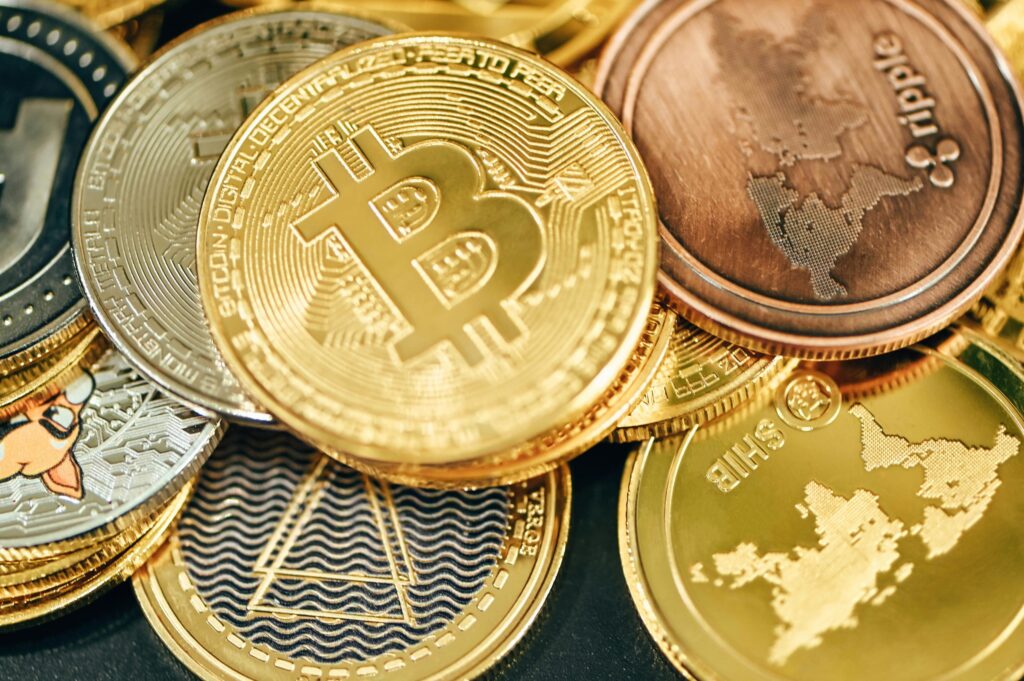Blockchain has tried to claim many things as its own over the years, from global payment processing to real-world assets. But in artificial intelligence, it’s found synergy with a sector willing to give something back. As this symbiotic relationship has grown, it’s become routine to hear AI and blockchain mentioned in the same breath.
While the benefits web3 technology can bring to artificial intelligence are well documented – transparency, P2P economies, tokenisation, censorship resistance, and so on – this is a reciprocal arrangement. In return, AI is fortifying blockchain projects in different ways, enhancing the ability to process vast datasets, and automating on-chain processes. The relationship may have taken a while to get started, but blockchain and AI are now entwined.
Trust meets efficiency
While AI brings intelligent automation and data-driven decision-making, blockchain offers security, decentralisation, and transparency. Together, they can address each other’s limitations, offering new opportunities in digital and real-world industries. Blockchain provides a tamper-proof foundation and AI brings adaptability, plus the ability to optimise complex systems.
Together, the two promise to enhance scalability, security, and privacy – key pillars for modern finance and supply chain applications.
AI’s ability to analyse large amounts of data is a natural fit for blockchain networks, allowing data archives to be processed in real time. Machine learning algorithms can predict network congestion – as seen with tools like Chainlink’s off-chain computation, which offers dynamic fee adjustments or transaction prioritisation.
Security also gains: AI can monitor blockchain activity in real-time to identify anomalies more quickly than manual scans, so teams can move to mitigate attacks. Privacy is improved, with AI managing zero-knowledge proofs and other cryptographic techniques to shield user data; methods explored by projects like Zcash. These types of enhancements make blockchain more robust and attractive to the enterprise.
In DeFi, Giza‘s agent-driven markets embody the convergence of web3 and artificial intelligence. Its protocol runs autonomous agents like ARMA, which manage yield strategies across protocols and offer real-time adaptation. Secured by smart accounts and decentralised execution, agents can deliver positive yields, and currently manage hundreds of thousands of dollars in on-chain assets. Giza shows how AI can optimise decentralised finance and is a project that uses the two technologies to good effect.
Blockchain as AI’s backbone
Blockchain offers AI a decentralised infrastructure to foster trust and collaboration. AI models, often opaque and centralised, face scrutiny over data integrity and bias – issues blockchain counters with transparent, immutable records. Platforms like Ocean Protocol use blockchain to log AI training data, providing traceability without compromising ownership. That can be a boon for sectors like healthcare, where the need for verifiable analytics is important.
Decentralisation also enables secure multi-party computation, where AI agents collaborate across organisations – think federated learning for drug discovery – without a central authority, as demonstrated in 2024 by IBM’s blockchain AI pilots. The trustless framework reduces reliance on big tech, helping to democratise AI.
While AI can enhance blockchain performance, blockchain itself can provide a foundation for ethical and secure AI deployment. The transparency and immutability with which blockchain is associated can mitigate AI-related risks by ensuring AI model integrity, for example. AI algorithms and training datasets can be recorded on-chain so they’re auditable. Web3 technology helps in governance models for AI, as stakeholders can oversee and regulate project development, reducing the risks of biased or unethical AI.
Digital technologies with real-world impact
The synergy between blockchain and AI exists now. In supply chains, AI helps to optimise logistics while blockchain can track item provenance. In energy, blockchain-based smart grids paired with AI can predict demand; Siemens reported a 15% efficiency gain in a 2024 trial of such a system in Germany. These cases highlight how AI scales blockchain’s utility, while the latter’s security can realise AI’s potential. Together, they create smart, reliable systems.
The relationship between AI and blockchain is less a merger than a mutual enhancement. Blockchain’s trust and decentralisation ground AI’s adaptability, while AI’s optimisation unlocks blockchain’s potential beyond that of a static ledger. From supply chain transparency to DeFi’s capital efficiency, their combined impact is tangible, yet their relationship is just beginning.
(Image source: Unsplash)
